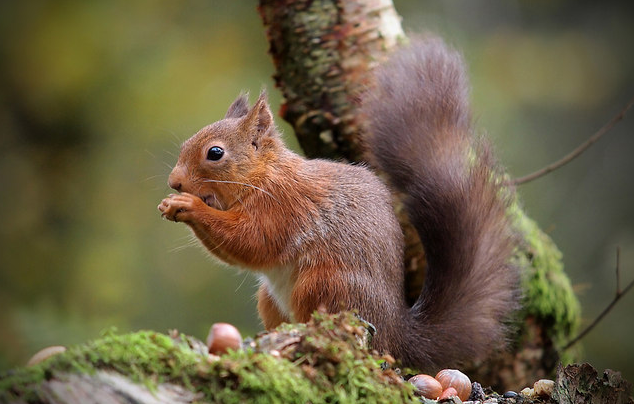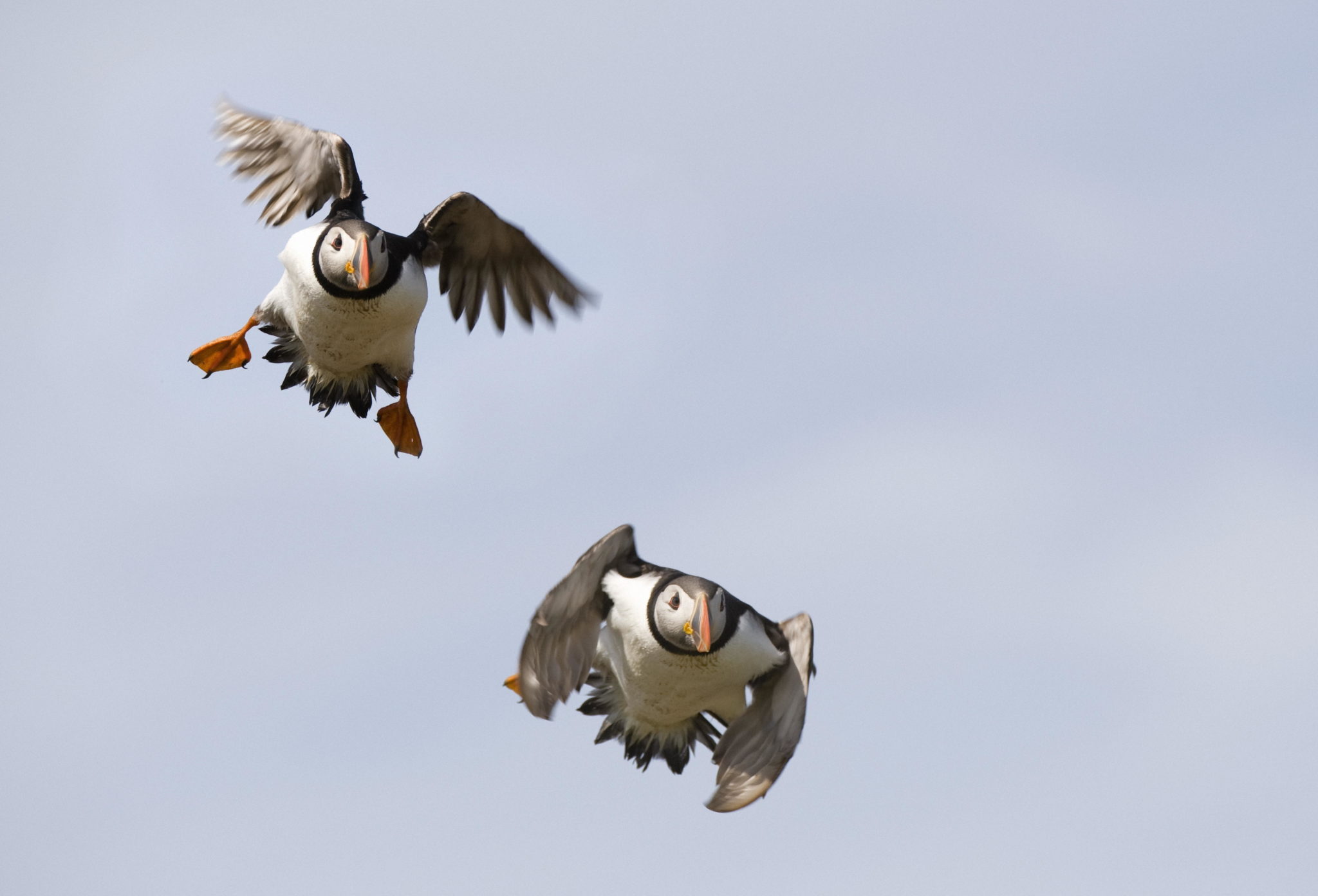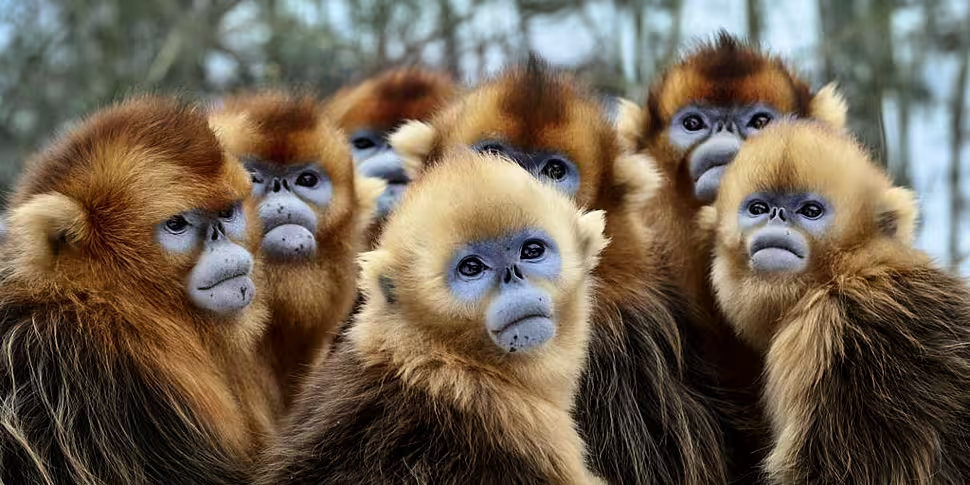Biodiversity loss poses an increased risk to human health across the globe, scientists are warning.
The UN has estimated that around a million plant and animal species are at risk of extinction - more than at any point in human history.
Scientists collated a number of studies and concluded declining animal and plant populations should be of significant concern to humanity.
“They took 1,000 data sets where there was some report about how a disease had moved around and how successful the pathogen had been,” Dr Ruth Freeman of Science Foundation Ireland told The Pat Kenny Show.
“They looked at human diseases but also plant and animal diseases.
“They were able to find information about the impact of a number of different factors.
“So, they did look at climate change and changing temperatures but they also looked at chemical pollution, invasive species, biodiversity loss and habitat loss.
“What they found might surprise you, they found that all of those factors drove an increasing burden of disease - except for one, which was habitat loss.
“The biggest driver, more than climate change, was biodiversity loss.”

Some might consider this a surprising conclusion given the outbreak of COVID-19 is widely blamed on a bat.
However, Dr Freeman said animals are key to controlling the spread of diseases as well.
“These animals are acting as breaks that pathogens move through,” she said.
“So, we might be destroying some of the intermediate hosts that might stop diseases moving into humans.
“It’s a very complicated area but we’re also stopping a kind of a diffusion effect.
“If a particular mouse runs rampant, like the white mouse and it carries Lyme disease, suddenly if that mouse’s predators are gone, we’re going to have much more Lyme disease.”
 Puffins in flight (Credit Image: © John Short/Design Pics via ZUMA Wire)
Puffins in flight (Credit Image: © John Short/Design Pics via ZUMA Wire)Increasingly as well, climate change means certain tropical diseases can be caught outside their historical range.
“We see things like malaria moving into Europe and we’re going to lose things like plants that may hold the medicines of the future for us,” Dr Freeman said.
“Medicines come from all places in nature, we need to keep an eye on it.”
You can listen back here:
Main image: Golden snub-nosed monkeys in China. Picture by: BBC NHU and Nick Green.









